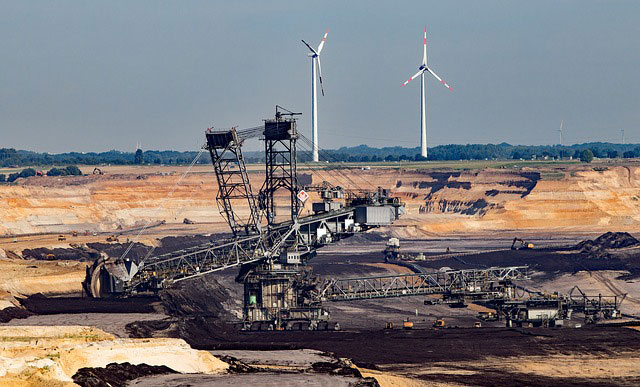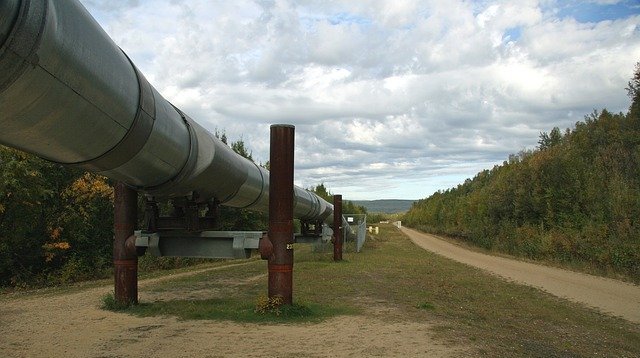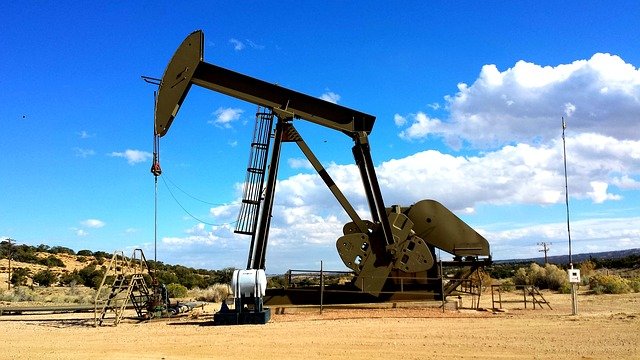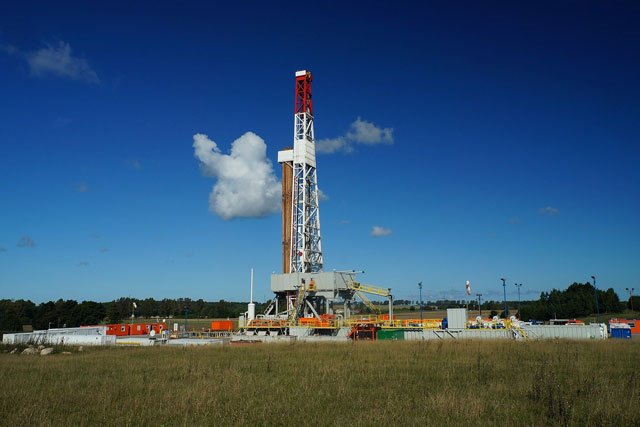As the world gears up for a transition from fossil fuels to renewable energy sources, and neglects capital spending in the resource sector, a once in a lifetime commodities supercycle is in the making. This is the opinion of hedge fund manager and investment newsletter publisher Chris MacIntosh. He is advising clients that the approaching supply-demand imbalance in commodities, is a both a cause of concern and a wonderful opportunity for investors. He argues that the so-called transition to renewables, isn’t even a real transition. According to Chris, history shows that we never move from one energy source to the next, rather we simply add new energy sources to the overall aggregate. This means that even as the green movement creates huge demand for metals and minerals, there will also be continued demand for fossil fuels. And all this is playing out while commodity production (particularly in the West), is diminishing to precariously low levels.

Chris MacIntosh – former investment banker and venture capitalist, Chris now manages money for Glenorchy Capital (a macro focused hedge fund) and is the founder of Capitalist Exploits, an investment newsletter dedicated to finding and capitalizing on asymmetric risk/reward investment opportunities.
“Greenwashing” Ultra Bullish For Commodity Prices
According to MacIntosh, there is such a hysteria around climate change, and the desire to rid ourselves of carbon emissions, that future supplies will have great difficulty keeping up with demand. There has been such a divestment of capital out of the mining and energy sectors, and into “green” companies, that the result is an enormous destruction of supply.
Some divestment of capital is a result ESG (Environmental, Social & Governance), in which socially conscious investors judge the perceived sustainability and social impact of their asset allocation. Mining and energy companies, in particular, are having difficulty getting funding from pension funds and sovereign wealth funds that have been divesting out of those sectors and into companies with more “virtuous” environmental initiatives.

Still more of the divestment of capital is a direct decision within companies themselves (take the big western oil companies like BP, ExxonMobil and Shell, deciding to invest in wind and solar). In the West, says MacIntosh, energy companies have basically committed suicide or are in the process of committing suicide. Companies are basically saying, “yes we’re an oil company, but we’re no longer going to be investing in fossil fuels.” So if you want to be long fossil fuels, you can no longer go out and buy, say BP, because they’ve already said that’s no longer their future.
Another reason causing the divestment of capital, is the stringent environmental laws and permitting surrounding drilling, building new mines and constructing new pipelines. Western governments are putting no-drill legislation on public lands, requiring extensive, cost-prohibitive permitting for new mines, and shutting down the construction of new pipelines that carry resources to market. Take Canada’s oil sands as an example. Its one of the largest oil reserves in the world, with one of the best environmental records in the petroleum industry, yet the oil can’t get to market. Its landlocked. It can’t even get to the East Coast of the nation, so Canadian refineries are forced to import oil from the Middle East.

Chris MacIntosh sees this “Greenwashing” trend happening across the western world. And unless some miracle comes along, this is going to create a serious resource crunch, particularly for those nations putting their hopes and their dreams into “green” initiatives. Because the transition that everyone is talking about, its not even a transition. Putting aside the myth of “green” energy and carbon neutral EVs, Chris doesn’t believe the math adds up. From the question of – “where will all the resources come from to scale?” to “what to do with all the waste and pollutants once we do scale?” – its not going to happen anywhere near to the extent that the mainstream media wants us to believe.
Fossil Fuels Not Going Away
According to Chris, fossil fuels (particularly oil and coal) are the villains in the climate hysteria. Problem is, if you just look at history, we’ve never gone from a more energy-dense resource to a less energy dense resource. But that’s what the green movement is asking us to do. Those supporting the Green New Deal are determined to replace fossil fuels with wind and solar, and gas powered vehicles with EVs. Perhaps this will be the first time in mankind’s entire history that we transition to a less dense energy source? Perhaps this time is different?

Before being too certain, at least for the foreseeable future, a few hurdles need to be cleared. Namely… Is it even possible to supply all the commodities needed to construct even the most modest forecasts of renewable energy capacity? How do you address the complications of building out dependable electrical grids for renewable energy that provides consistent power supply? And what to do with the millions of tons of old wind turbine blades, batteries, and solar modules once their life span expires? Even if you ignore all the toxic materials in solar panels and batteries, landfills will simply be taxed beyond limits.
And even if we can transition successfully to renewables, there’s another historical fact we can’t ignore. If we look at the energy sources that we’ve utilized over the course of mankind’s history, we’ve never actually replaced any. We’ve only added capacity. When we went from wood to coal, for example, we didn’t get rid of wood consumption. We still use wood in the 21st century. Same can be said for our transition from coal to natural gas, oil and nuclear. We didn’t get rid of coal. It’s still a component of the overall aggregate of energy consumption. China, amongst other nations, is still building coal fire power plants to this day.
When Bubble Pops, Value Stocks Will Return To Favor
Another factor causing the setup for a once in a lifetime commodities super cycle is market psychology. In the midst of the Everything Bubble, speculation runs supreme. The crowd seems oblivious to the value that resource companies offer. Everyone is preoccupied with chasing returns. Income statements, balance sheets, cash flow statements – what are those? “The heck with a 5 or 10 or 15 percent annual return. I want to double my money by next week.”
But when we return to a time when valuations matter, when stock prices will once again be based on the flow of dividends and earnings, then the resource stocks will benefit. The simple fact is, resource companies are trading for low multiples of their earnings . Many are literally printing money. And better yet, the transition from growth back to value should coincide with an escalation in commodity prices thanks to the favorable supply-demand dynamics.
Investing For A Commodities Supercycle
So how is Chris MacIntosh positioning himself and his clients for the once in a lifetime commodities super cycle? To find out, you need to visit his site Capitalist Exploits. There you can sign up for his free weekly newsletter Our World This Week, or one of his paid investment newsletters – Insider and Resource Insider.
But for anyone following Chris’s interviews and blog articles, its clear that he is bullish on a combination of two different things. A broad basket of commodities, but more specifically, companies operating in jurisdictions that are still receptive to exploration and development of natural resources. That means in the East. In countries including Russia and nations of the former Soviet Union, plus Asia. In these places they are neither into political correctness, nor are they trying to curtail their own resource sectors. As opposed to the West, where resource companies are obstructed from doing business and making a profit, the East still encourages resource development.
While its best to do your own research – and check out the research over at Capitalist Exploits – here is a shortlist of 10 resources companies with operations in jurisdictions where resource development is still in vogue…



